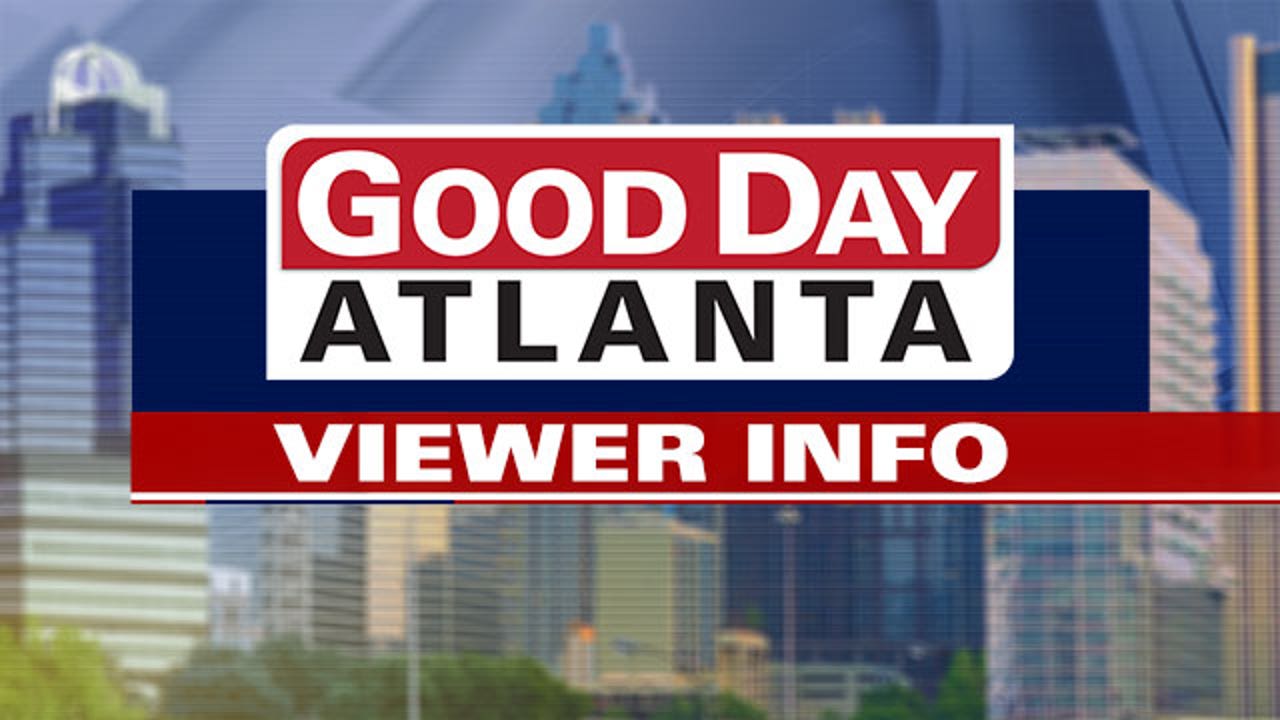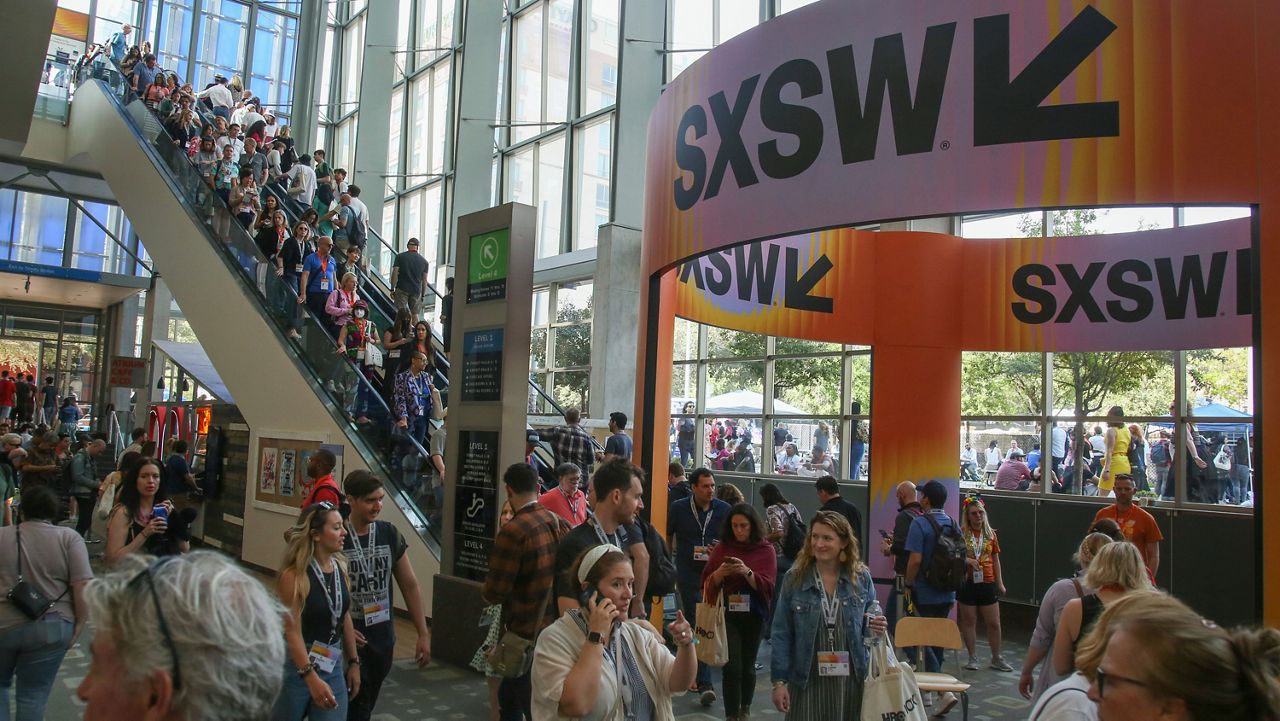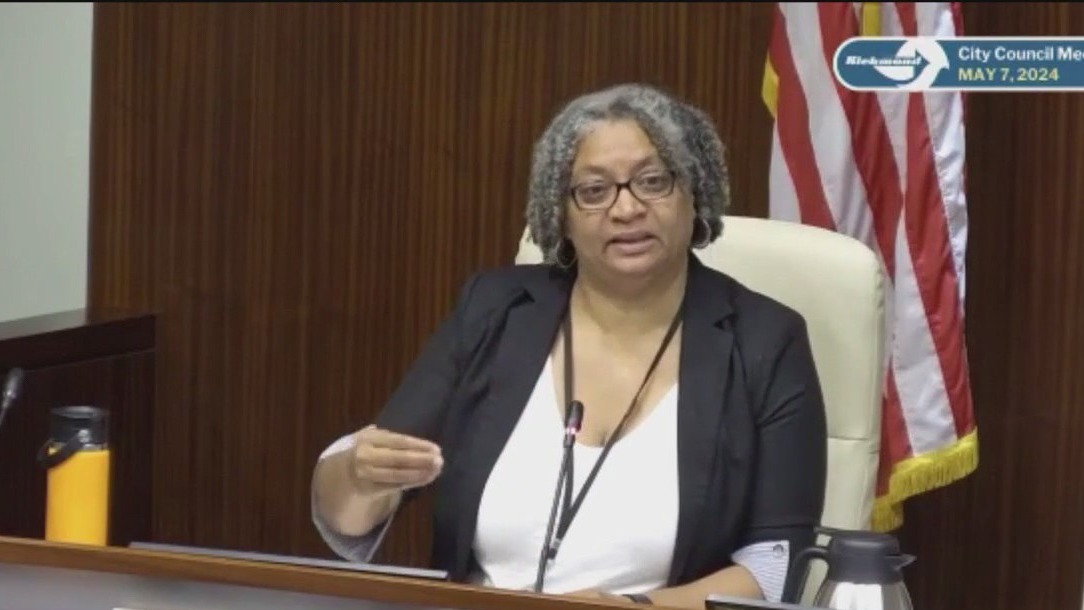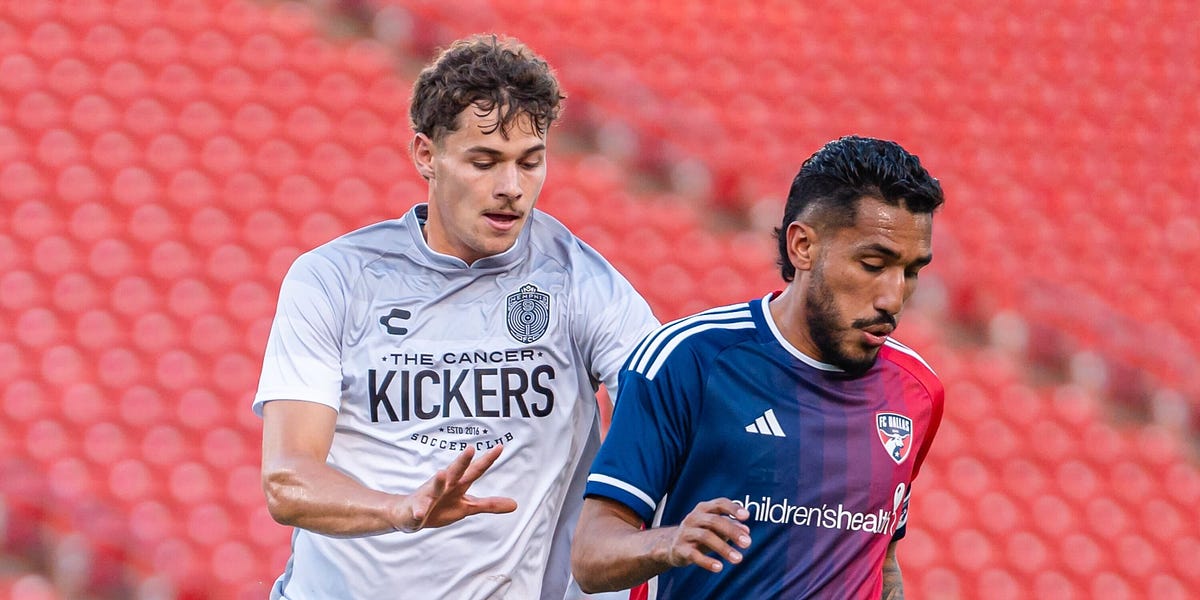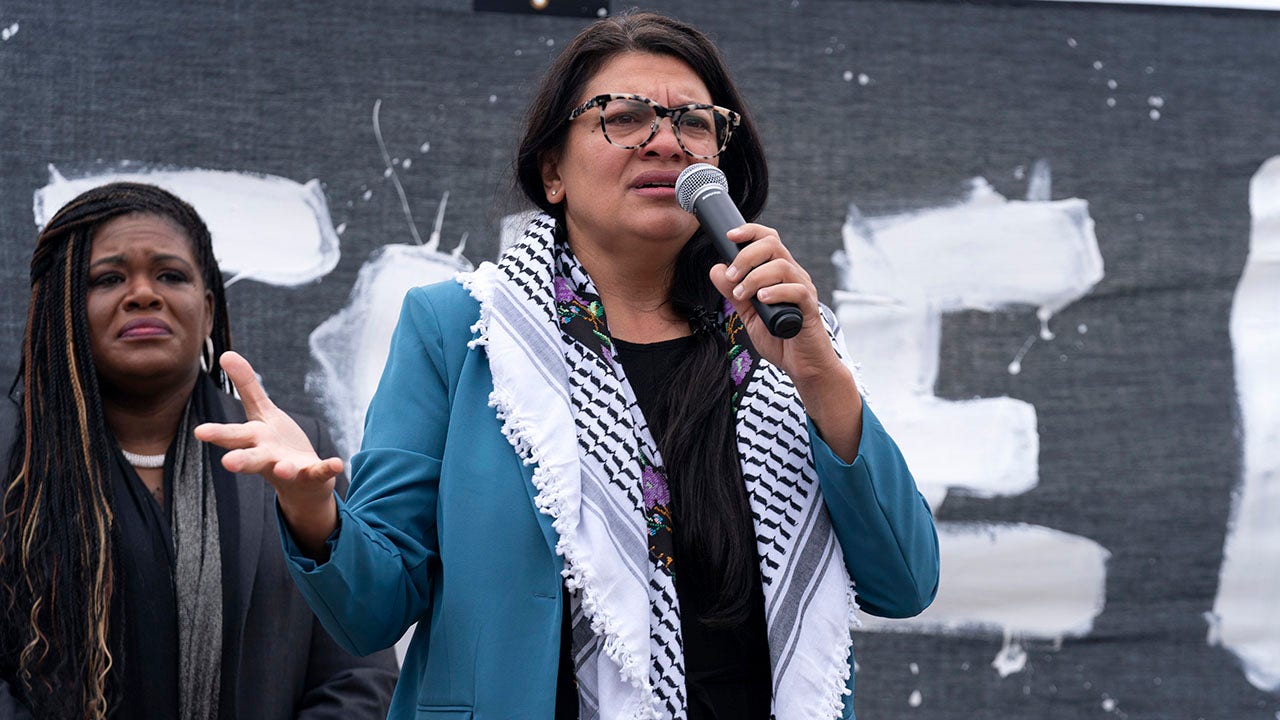Minneapolis, MN
Shooting at northeast Minneapolis gas station kills teen, leaves neighbors ‘shocked’
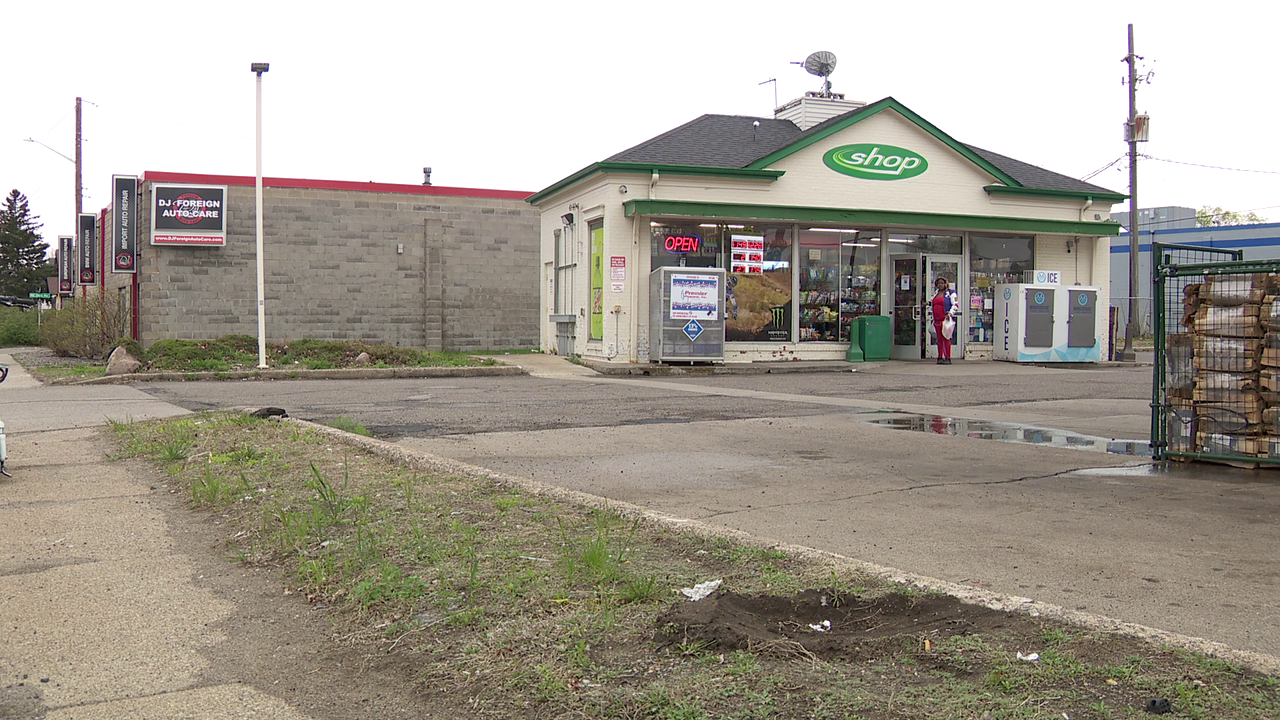
Teen killed in Minneapolis gas station shooting
A 24-hour gas station became the scene of an early morning shooting on Friday that took the like of a 14-year-old in Minneapolis.
MINNEAPOLIS (FOX 9) – For the second time in as many months, gunfire has erupted at the gas station Augustine Lora can see from his backyard.
“It is shocking. It is totally shocking, It’s kind of concerning that it’s happening in the same place,” Lora told FOX 9.
Police were called to the gas station in the 2600 block of University Avenue Northeast around 3 a.m. on Friday after getting reports someone had been shot.
They found a 14-year-old with gunshot wounds lying on the ground outside an SUV. The teen died a few hours later at the Hennepin County Medical Center.
Investigators believe the 14-year-old was in the SUV, when someone opened fire from another car that had pulled into the parking lot.
“The whole community should be outraged. When a child is killed like this at 3:00 in the morning, it’s totally unacceptable,” said Minneapolis Police Chief Brian O’Hara.
Just last month, Fox 9 showed you surveillance video from a shootout between teenagers at the same gas station in late February, that nearly killed innocent bystanders.
That shooting left one of the teenagers involved critically injured.
Police arrested 17-year-old suspects who have been charged with second degree attempted murder and assault.
“We don’t have information to suggest that it’s a problematic property, but it’s definitely a concern now there’s a second incident there,” said O’Hara.
Lora would like to see more police patrols near the 24-hour gas station to make sure their neighborhood is safe.
“I’m not saying we don’t feel protected by them but apparently there’s a lot more work to do around here for sure,” said Lora.
Police did arrest a 30-year-old woman on an unrelated warrant.
They are still trying to determine how she is connected to Friday morning’s shooting.

Minneapolis, MN
Minneapolis teachers voting on bigger raises in new contract
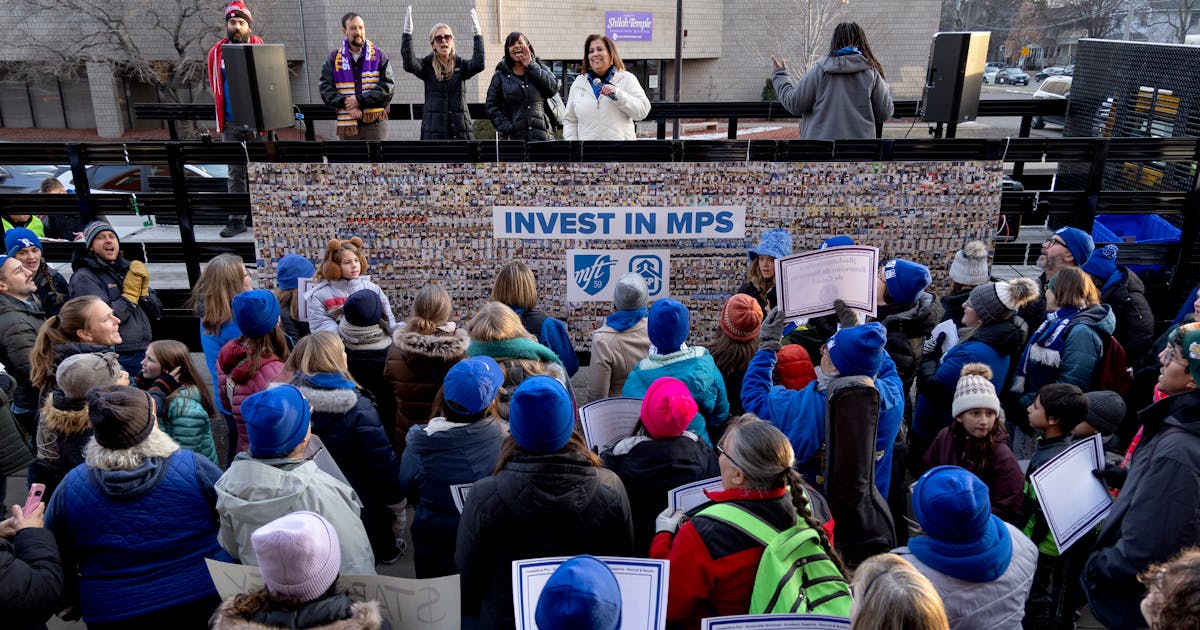
Minneapolis educators are voting this week on a pair of union contracts that, in the case of teachers, would provide the highest pay increases they’ve seen in 25 years.
The salary hikes — 4% this year and 5% in 2024-25 — would be in addition to automatic increases based on levels of education and experience, and are part of a deal described as historic by district and union leaders such as Greta Callahan, president of teacher chapter of the Minneapolis Federation of Teachers (MFT) and a candidate for the school board.
Still to be determined, however, is the agreement’s impact on a 2024-25 school district budget that already is projected to show a $110 million deficit. Add it to other contracts that have yet to be settled and the deficit most likely will grow, Superintendent Lisa Sayles-Adams said.
The deal came together just ahead of a scheduled strike authorization vote in late April, and left the district and union leaders expressing optimism about their ability to continue working together.
“We’re one step closer to a reality where we can make Minneapolis Public Schools a destination district for the families that we serve,” union Vice President Marcia Howard said. “It’s a new era in Minneapolis.”
If ratified by teachers in voting that extends through Friday, the agreement would head to the school board for its approval. The district has said the deal fell within board-approved budget parameters.
Statewide, teachers are seeing their biggest increases in 20 years, Education Minnesota has said. As of May 1, the average salary increases winning local approval were 4.3% this year and 3.5% in 2024-25.
St. Paul teachers secured a two-year deal in March calling for 4% raises in 2024-25, plus a fixed increase of $3,500 retroactive to Jan. 1 of this year.
In Minneapolis, this year’s 4% increases would be retroactive to July 1, 2023.
The pay increases come after last year’s historic $2.2 billion state investment in schools — an infusion of aid that state and local union leaders have successfully pointed to as a potential funding source for the types of salary hikes they say they sacrificed in previous bargaining cycles.
But the handsome packages also are leaving some districts facing even more painful budget cuts as $1.3 billion in federal COVID relief funds are set to expire in September.
Callahan said the Minneapolis contract also provides some workload relief for special education teachers, primarily at the elementary level, and includes changes within the salary schedule that eliminate some steps in which teachers were not getting automatic increases tied to years of experience.
This year, annual pay in Minneapolis will range from about $49,000 for a starting teacher with a bachelor’s degree to about $107,000 for the district’s most experienced and highly educated instructors. Next year, that salary range would be $54,000 to $112,000, the tentative agreement states.
The school calendar also will be shortened — something that Callahan said “families want — and makes a lot of sense for pretty much everyone.”
“I don’t think anyone’s feeling like a loser” in this deal, she said at the news conference. “We’re feeling like we won, and the students are going to win, from this contract, so we’re really proud of it.”
Board Chairman Collin Beachy said the agreement represented a “pretty historic day” for the district and students were witness to “the power of collaboration, communication and unity.”
This week, the district’s support staffers also are voting on a new agreement reached a day after the educational support professionals (ESP) chapter of the teachers union had filed an intent to strike.
Catina Taylor, union chapter president, said in a statement then that wages were being raised and a compensation system created that values experience in the district. The agreement should help attract more educators to the city’s schools, she said.
Sayles-Adams said she looked forward to a continued partnership with the ESP chapter, as well. The ESPs also vote through Friday.
Minneapolis, MN
Walz signs ‘Taylor Swift bill’ … at First Avenue nightclub in Minneapolis

People buying tickets online for concerts, sporting events and other live events in Minnesota will be guaranteed more transparency and protection under a so-called Taylor Swift bill signed into law Tuesday by Gov. Tim Walz.
The law, prompted by the frustration a legislator felt at not being able to buy tickets to Swift’s 2023 concert in Minneapolis, will require ticket sellers to disclose all fees up front and prohibit resellers from selling more than one copy of a ticket, among other measures. The law will apply to tickets purchased in Minnesota or other states for concerts or other live events held in Minnesota.
Walz signed House File 1989 — a reference to Swift’s birth year and an album with that title — at First Avenue, a landmark nightclub and concert venue in downtown Minneapolis.
“Never in my wildest dreams did I imagine that we would be at a bill signing for House File 1989 at First Avenue,” said Democratic Rep. Kelly Moller of Shoreview, chief author of the bill.
Moller was among thousands of people who became stuck in ticket sales company Ticketmaster’s system after it crashed in 2022 amid the huge demand for Swift concert tickets and attacks from bots, which tried to buy tickets for resale at inflated prices. The situation led to congressional hearings but no federal legislation.
Supporters of Minnesota’s new law say the state joins Maryland as among the few states to pass protections for ticket buyers into law.
Ticketmaster did not immediately respond to a request for comment on the new Minnesota law. Taylor Swift’s media team also did not respond.

Jessica Roey, a spokesperson for reseller StubHub, said in an email, “StubHub has long advocated for legislation that protects fans from anti-competitive and anti-consumer practices in the ticket buying process. We share the goals of HF1989 and look forward to continuing discussions with policymakers to advance policies that provide more transparency, more control, and more choice for ticket buyers.”
Earlier: After Taylor Swift came to town, Ross Raihala said there’s no one else like her. Here’s why.
Walz, a Democrat, said the new law is “protection so you don’t get a bad ticket, a fraudulent ticket, and resellers can’t snatch them all up before you get an opportunity.”

Two young girls — one wearing a shirt that said “A LOT going on at the moment” in a nod to Swift, and another wearing a shirt that said “Iowa 22” in reference to basketball star Caitlin Clark — attended the bill signing with their dad, Mike Dean, who testified in support of the bill this year.
Dean said his daughter “came to me in December and said, ‘Dad, I want to go to see Caitlin Clark.’ As a father, I just couldn’t resist. And so I went online to go buy tickets.”
The tickets were supposed to cost $300 total, Dean said, but they ended up costing over $500 because of hidden fees. The timer had begun in the online checkout process, so he had just minutes to decide whether to buy the tickets or lose them.
He ultimately bought the tickets. But Dean said these practices mean customers can’t make informed decisions. The new law, he said, will bring transparency to the process.
The law takes effect Jan. 1, 2025, and applies to tickets sold on or after that date.
Adrianna Korich, director of ticketing at First Avenue, said she supports the new rules, saying fans are sometimes tricked into paying up to 10 times a ticket’s face value because of deceptive websites and resellers who list tickets without actually possessing them. The new law bans both, she said.
“We have all heard the horror stories from the Taylor Swift Eras tour and have seen the astronomical prices that are being charged at checkout,” Korich said.
Minneapolis, MN
Our Streets Isn't Just for Minneapolis Anymore – Racket

Welcome back to The Flyover, your daily digest of important, overlooked, and/or interesting Minnesota news stories.
Our Streets Minneapolis
In a small but telling move, the transportation advocacy org Our Streets Minneapolis is dropping the “Minneapolis” from its name. According to a press release, “The slight rebrand better reflects their ongoing campaign to convert an urban stretch of Interstate 94, which straddles the Twin Cities, to a multimodal boulevard.” That press release also trumpets the $1.6 million federal grant Our Streets was awarded and its part in the “Bring Back 6th” campaign to convert Olson Memorial Highway into a boulevard.
Our Streets’ work is clearly no longer limited to Minneapolis, but it’s hard not to also see the name shift as a commentary on how the city of Minneapolis estranged itself from a valuable nonprofit. The organization once put on the popular Open Streets program, but after a budget dispute between Minneapolis Public Works and Our Streets, and some very confusing messaging from the city, Minneapolis and Our Streets have parted ways. The program is still on for 2024, but given the city’s belated request for proposals and the uncertainty of how it would proceed, it seems like Open Streets is on shaky ground.
Following this incredible and largely unacknowledged fumble on the part of the Frey administration, here’s hoping Our Streets gets to work with more receptive governmental structures in the future.
The Strib Speaks for the Trees
Every so often, the biggest newspaper in Minnesota puts its resources to work to produce the kind of story that we scrappy little shoestring upstarts can only dream of. This week, the Strib went all in with this look at the Legacy Tree, a celebrated white cedar up near the Boundary Waters, its existence threatened by climate change. “We’re in such dark existential times,” says Paul Schurke of the Wintergreen Dogsled Lodge in the BWCA. “[The tree] gives us hope because it’s seen its own share of existential threats.”
The story, which covers the history of the region and speculates on its future, is beautifully illustrated with detailed maps, rich photography and immersive video, and a timeline of human history as represented in the cedar’s rings. Kudos to Jake Steinberg, who contributed story and graphics, and Anthony Soufflé, who handled photos and video.
Alas, I couldn’t resist clicking the little green comment bubble at the end of the story, where various experts had gathered to tell me that climate change was either not real or not man-made and that the tree would either be fine or that its death would be no big loss. Which reminded me that aside from investing in more stories like this, another way the Strib could improve itself its to finally discontinue its often-reprehensible comments section.
Live Where You (Used to) Work
The commercial vacancy rate in the Twin Cities is currently 22.6%, and no matter what Minneapolis Mayor Frey called for in his State of the City address today, the workers who stopped going into the office at the start of Covid are not all coming back. So what do we do with the giant glass edifices whose construction our cities did so much to encourage over the past few decades? Well, we could turn them into housing.
Today MPR News spoke with developer Chris Sherman, who believes “he can create hundreds of new homes without ever having to put a shovel in the ground.” Sherman Associates is currently converting Landmark Towers in St. Paul and Northstar Center in Minneapolis, where the developer plans to spend $185 million in the transformation of 600,000 square feet of office space into 400 units of housing. What if the city of the future was no longer a centered commercial/retail/tourist hub but was composed instead of an interrelated series of neighborhoods?
I know—cities rely on a commercial tax base to survive. But as St. Paul City Council Member Rebecca Noeker puts it, when it comes to taxes, “We know that a full bustling residential building is far, far better than a mostly vacant office building.”
More Like Denver Nug-ASS
We’ve got nothing to say about the Wolves’ vicious 106-80 trouncing of the Denver Nuggets last night that you couldn’t see with your own disbelieving eyes. So let’s just celebrate the easily celebratable Anthony Edwards, who scored 27 points last night along with two rebounds, seven assists, and two steals. “Once I found my second wind I knew there was nobody that could stop me,” the new face of the NBA told Marney Gellner of Bally Sports North after the game.
Incidentally, an older chat between Gellner and Edwards is blowing up online today, and it’s too fun not to share. In it, Edwards discusses the sports he played growing up, including baseball (he batted “straight cleanup on aisle three, come get it”) as well as hypothetical sports he would also excel in, including “tennis, swimming, la crosse—whatever you need me to play.” Gotta love the guy.
-
Movie Reviews1 week ago
Challengers Movie Review
-

 Politics1 week ago
Politics1 week agoHouse Republicans brace for spring legislative sprint with one less GOP vote
-

 World1 week ago
World1 week agoAt least four dead in US after dozens of tornadoes rip through Oklahoma
-

 Politics1 week ago
Politics1 week agoStefanik hits special counsel Jack Smith with ethics complaint, accuses him of election meddling
-

 Politics1 week ago
Politics1 week agoAnti-Trump DA's no-show at debate leaves challenger facing off against empty podium
-

 News1 week ago
News1 week agoAs student protesters get arrested, they risk being banned from campus too
-

 World1 week ago
World1 week agoNine on trial in Germany over alleged far-right coup plot
-

 News1 week ago
News1 week agoVideo: Police Arrest Columbia Protesters Occupying Hamilton Hall
